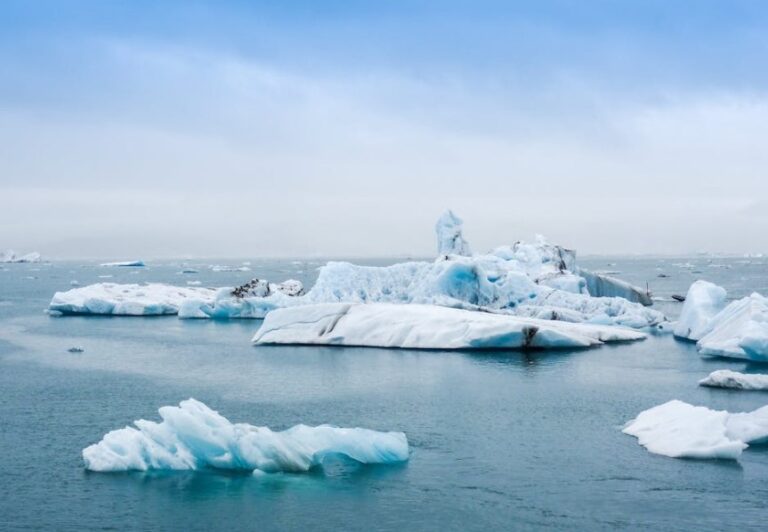From extreme temperatures to rising sea levels, the effects of climate change and global warming are becoming increasingly evident. The need to act is increasingly urgent, as confirmed by Sir David King, founder and president of the Center for Climate Repair at the University of Cambridge and president of the Climate Crisis Advisory Group.
Table of Contents
Global warming: the problem of rising seas
The warming of the Arctic Ocean has already led to significant changes in Earth’s wind patterns, causing extreme weather events. At the same time, the melting of the polar ice caps is driving sea level rise, threatening wildlife and several human habitats. As if that wasn’t enough, permafrost contains methane, which is released into the atmosphere when the ice melts.
Although at the current rate it will take many decades for all of Earth’s ice to melt, the impact will begin to be felt much sooner, King explains: “Should we worry now? Let me take you to one of the lowest countries in the world compared to sea level, Vietnam. If this continues, which seems likely, Vietnam will be submerged by sea water at least once a year for 90% of its continental mass”.
The problem will not only be for the Vietnamese, King specifies, because “it is about the third largest rice producer in the world, and once the land has been salted by the sea, rice production will be extraordinarily difficult.”
Reduce, remove, refreeze
Problems exist, but so do solutions, which we can summarize with the “three Rs”: reduce, remove and refreeze.
“We must achieve a decisive and rapid reduction in emissions as quickly as possible,” continues King. “But secondly we need to remove excess greenhouse gases in the atmosphere, which are having major impacts in the Arctic Circle region.
Third, we must learn to refreeze the Arctic to buy time, while reducing emissions and removing excess greenhouse gases.”
Phytoplankton gives us a helping hand
When it comes to removing existing emissions, the real challenge is to do it at low cost and at scale. Here, King and his colleagues are studying a new solution that would also have other benefits for planetary health.
“We are working on 72% of the planet’s surface, that is, on the oceans.” These depend on phytoplankton, those microscopic marine algae that provide food for fish and absorb carbon dioxide. It almost seems like a joke, but phytoplankton grows on floating beds of whale excrement, a material that is in short supply due to the decline in cetacean populations. And even in this case, humans are to blame.
“We had a simple idea: Why don’t we make artificial whale poop and spread it on the ocean surface?” says King. They could be compounds made up of nitrates, phosphates, silicates and iron combined with rafts made of rice husk, a waste product from rice production that would provide the platform on which phytoplankton can grow.
“This technology could remove more than 2-3 billion tons of carbon dioxide per year and perhaps 10 billion tons of greenhouse gases per year,” King says. “If we did that, the whale population would grow again.”
Thick clouds to fight global warming
For the “third R” – refreezing the Arctic – assistance can come from the sky. “White clouds reflect sunlight away from the surface of the earth. If you are under the white cloud it will be cooler than if the cloud is not shadowing you,” explains King. “So what we want to do is cover the Arctic Circle region with white clouds for the three polar summer months.”
As with natural clouds, the project involves taking droplets of ocean water and spraying them into the sky, where, with the help of the wind, they will transform into clouds. A challenge to be faced immediately, concludes King: “each of us is part of the problem. We are talking about the medium-term future, not the one in 100 years. It’s really a challenge for our children and grandchildren.”
Read also: Antarctica, alarming new record as ice is at 45-year low: a brief anomaly or a long-term transition?












